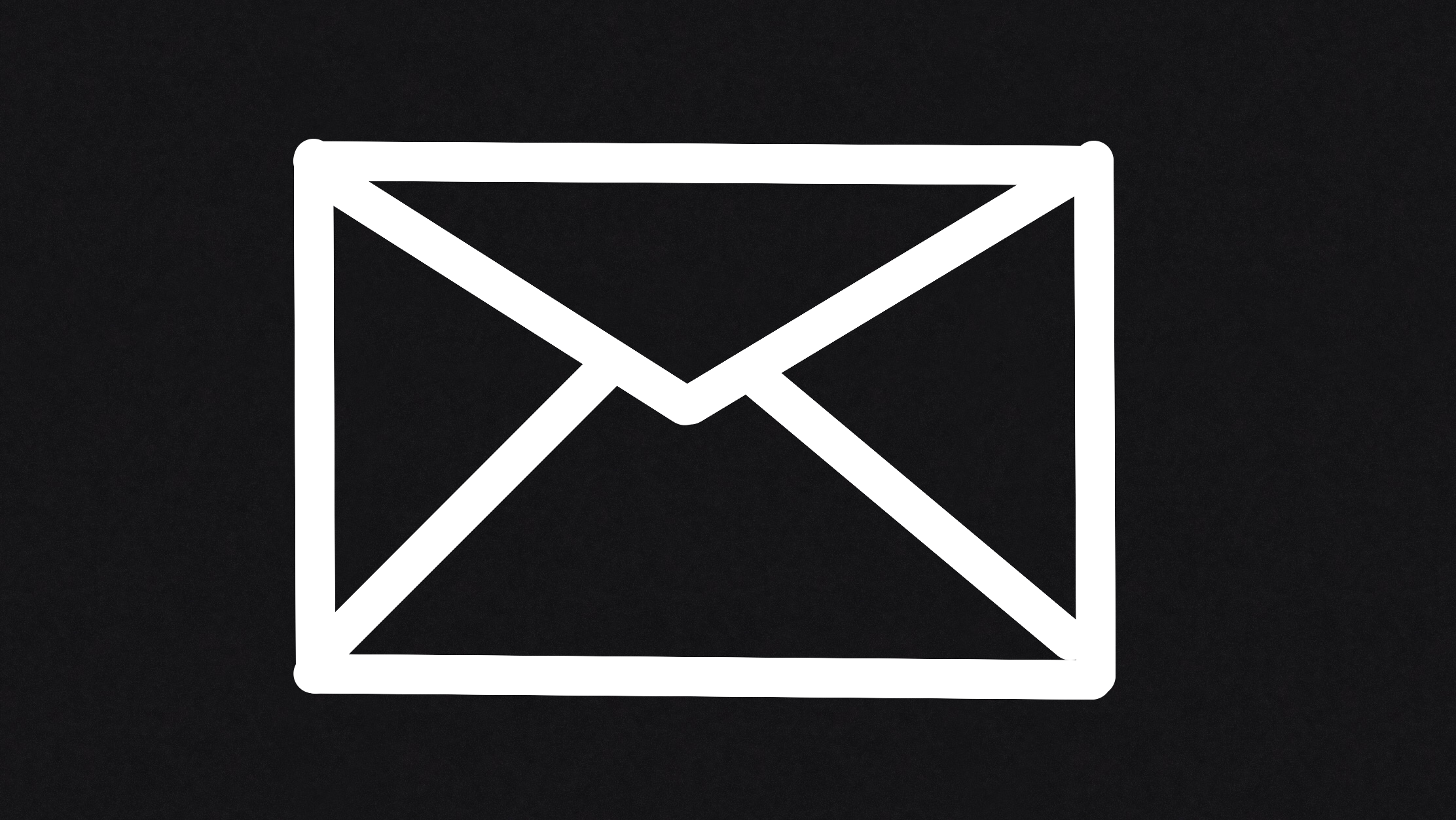
A number of things have come up this year in my feeds that have discussed the history, value and disadvantages of email.
First of all, I watched the movie You’ve Got Mail for the first time. Yes, I know… I left it for a while after its release. This film presented the tool in a way with both caution and hope for the future.
Second, over the past few months, I’ve seen fellow Twitter users voicing their frustration about email and how their messages build up quickly, leading to anxiety in the workplace. How can they ever get through it all?
Third, on the matter of relentless promotional material in inboxes, the recent episode 257 of The Talk Show with John Gruber featured a discussion about how our email clients have become faux web browsers and a kind of ‘non-consensual technology’, which attracts various security risks and breaches. Spam and dodgy services are an unfortunate reality for just about everyone.
It’s the way that email as a communications technology has influenced our social lives and behaviour at work that interests me the most. In each of the roles that I’ve worked, I’ve seen people obsessively check their emails, worrying about losing track of the latest conversation or decision. I don’t think that email was ever intended to be used this way. It’s not really supposed to be a messaging platform for natural, turn-taking conversation. It’s literally what its name means: electronic mail.
Email is not the best tool for modern work and ongoing digital conversations. Instead, applications such as Slack, Yammer and Microsoft Teams offer better workspaces that enable you to communicate, share files and work on projects in a way that is more fluid than the reply-all method of shooting written messages everywhere. Even more casual apps like iMessage are more appropriate.
ABC News published a great article about how to approach your daily deluge of emails and what to do when you return from time away from the office. You should definitely take the time to read it, as each of the quoted contributors suggest strategies such as bulk-deleting unimportant emails that arrived whilst you were away and rewording your auto-reply to have more personality. There is also caution about the use of tools like Slack, which I mentioned above, as over-reliance on them can lead to similar problems or even a reduction in face-to-face communication between colleagues. I think that’s a fair argument, unless you work remotely all the time.
My own system is simple: if I’m at work and I’m writing something that is to be sent within the organisation, I will share it and attach any necessary files with a chat app, unless otherwise instructed. If it’s external or part of my personal life and there’s no other way to get in touch with someone reliably, then I will use email. If emails are important, then I keep them. If they’re not, then I delete them. When I’m on holiday, I remove my email account from my iPhone entirely, so that I’m not tempted to check it or accidentally stumble on something with the wrong tap of a button.
My biggest suggestion, however, regards the use of app-icon badges and lock-screen notifications. It’s also very simple: don’t use them. If you have your work email on your personal smartphone, do not enable such notifications for that account. If you must have some form of reminder or easy access, leave notifications enabled in your notification centre or equivalent pull-down pane, so that you can check them with intention.
So much of the anxiety in our daily lives comes from our devices flashing a number of useless things in our faces. If something is an emergency at work and someone needs to get in contact with you, they will send you a message in a chat app, flick a text or (dare I even suggest?) call you on the phone. Furthermore, if you’re at work, your email client is going to be open in front of you anyway.
Our smartphones and tablets are meant to be tools of creativity, productivity and daily empowerment, not vortices of distraction, depression and despair. Email will probably never die… but that is a good thing. Email offers us a way to receive the information that is important to us and get in touch with people around the world. It’s a kind of standard and just needs to be used moderately and appropriately.
If we choose to have email access on our portable devices, like the social networks that have taken over so many other aspects of our lives, then let’s be deliberate in the way that we use it.